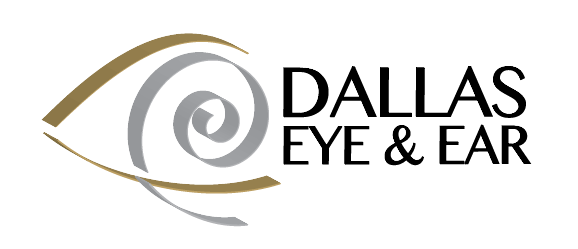Cataracts and Glaucoma: Clear Solutions for Healthy Vision

Cataracts and glaucoma are two of the most common eye disorders that impact the daily life of millions of Americans. Although these two conditions are not directly related, they do share a number of common risk factors and many patients discover and seek treatment for both conditions simultaneously.
Take a side-by-side look and see how these two unrelated conditions often affect the same patient populations.
Glaucoma
A group of diseases that damage the optic nerve often resulting from increased pressure inside the eye.
Risk factors include:
- Increased age
- Diabetes
- Obesity
- High blood pressure
- Injury to the eye
- Family history
- African American heritage
- Nearsightedness
- Long-term steroid treatment
- Migraine
Cataracts
A clouding of the eye’s lens that leads to blurry vision often resulting from the natural aging process.
Risk factors include:
- Increased age
- Diabetes
- Obesity
- High blood pressure
- Previous eye injury or inflammation
- Excessive exposure to sunlight
- Smoking
- Previous eye surgery
- Prolonged use of corticosteroid medications
- Drinking excessive amounts of alcohol
Both glaucoma and cataracts are among the world’s leading causes of vision loss. Patients facing treatment for complicated eye conditions often have questions regarding treatment plans. Some of the most common questions regarding cataracts and glaucoma include:

Can cataracts lead to glaucoma?
Cataracts do not typically lead to glaucoma, however there are many shared risk factors and the two conditions may be discovered at the same time. The reverse is also true, glaucoma does not lead to cataracts. However, there are rare conditions in which glaucoma treatment may accelerate cataract development. In addition, there are rare cases in which cataracts may contribute to nerve damage or increased eye pressure.
Can you have cataracts and glaucoma at the same time?
Yes, it is possible that patients who suffer from glaucoma may also have cataracts. In most cases the two conditions are completely unrelated; however, they may be discovered at the same time and treatment plans must be carefully coordinated to ensure patient health and reduce the risk of further vision loss.
Can glaucoma medication impact cataracts?
Certain eye drops used to treat glaucoma may dilate or shrink the pupil. Changes in the pupil size will increase or decrease the amount of light entering the eye which can result in increased cloudiness as well as decreased clarity.
Can glaucoma and cataracts be treated simultaneously?
Patients suffering from cataracts and glaucoma may simultaneously seek treatment for both conditions. Cataract removal requires surgery, but for those who also suffer from glaucoma there are special considerations that must be factored in to ensure that the surgical procedure does not result in increased pressure in the eye.
The long-term risk from glaucoma should always be considered when making treatment decisions for cataracts. There is no cure for glaucoma and vision loss from glaucoma cannot be restored, therefore early detection and treatment is critical for long-term eye health. Depending on the severity of the cataract and glaucoma, an ophthalmologist may recommend any of the following:
- Cataract monitoring with continued glaucoma testing and treatment
- Cataract eye surgery with continued glaucoma testing and treatment
- Cataract eye surgery combined with glaucoma surgery. Newer, minimally-invasive glaucoma surgeries (MIGS) are approved for use in conjunction with cataract surgery. They can normally be performed using the same incision through which the cataract is removed. Combining surgeries means you need to undergo only one anesthetic procedure and make one surgical copay.

What should I do next?
Advances in surgical procedures and medical technology are opening new opportunities for treating complicated ocular conditions. Choosing the right doctor is one of the most important decisions that you can make.
Dr. Linda Burk is one of the most well-respected and experienced ophthalmologists in the country. She has been instrumental in the development and testing of new surgical techniques and gives international presentations on the topic of glaucoma and cataract surgery/treatments.
She is one of only a few ophthalmologists that has been trained in both glaucoma and cornea disease, winning countless awards along with the respect of her colleagues and community.
